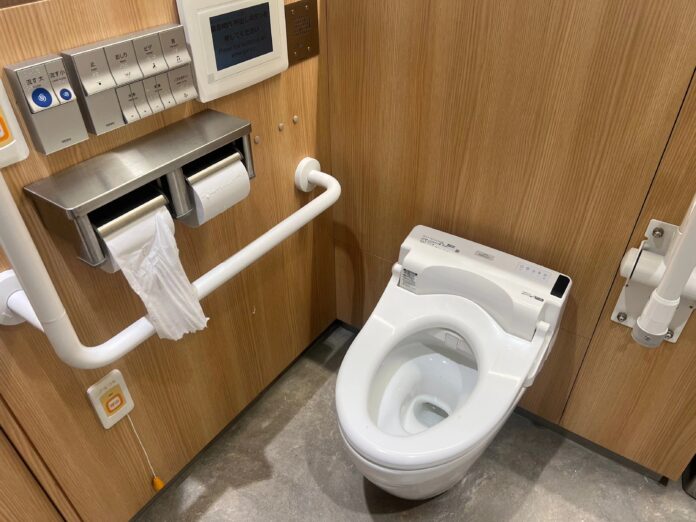When innovation requires special care
Japanese toilets—renowned worldwide for their innovative features like music players, automatic flushes, and heated seats—have revolutionized the bathroom experience. However, these technological marvels encounter an unexpected adversary: ordinary toilet paper.
The hidden damage
Toto, Japan’s leading toilet manufacturer, recently advised users against cleaning their bidet toilet seats with toilet paper. This recommendation followed numerous social media complaints about scratched and discolored seats.
A Toto representative explained to the Mainichi Shimbun newspaper that their bidet toilet seats are manufactured using plastic resin, chosen specifically for its “resistance to detergents and its ability to be molded into complex shapes.” However, this material has a vulnerability—wiping the seats with toilet paper or dry cloth can create microscopic scratches where dirt accumulates over time, resulting in unsightly discoloration.
Proper cleaning methods
Cleaning experts and lifestyle publications have echoed Toto’s advice. The recommended approach is to use a soft cloth dampened with water or mild detergent. They specifically caution against using:
- Thinners
- Nylon or metal scrubbers
- Abrasive cleaners
All of these can potentially damage the toilet seat’s surface.
While Toto acknowledges they are researching more scratch-resistant materials, the company stated, “There are no plans to change the material at this time.”
Toto’s flagship product, the Washlet bidet toilet, showcases sophisticated features including an automatic lid, an air dryer, and adjustable water pressure controls for the bidet function. These high-tech toilets represent more than just bathroom fixtures in Japan—they’re considered an extension of the country’s renowned hospitality culture. They’ve become unexpected tourist attractions for international visitors and a source of national pride for Japanese citizens.

